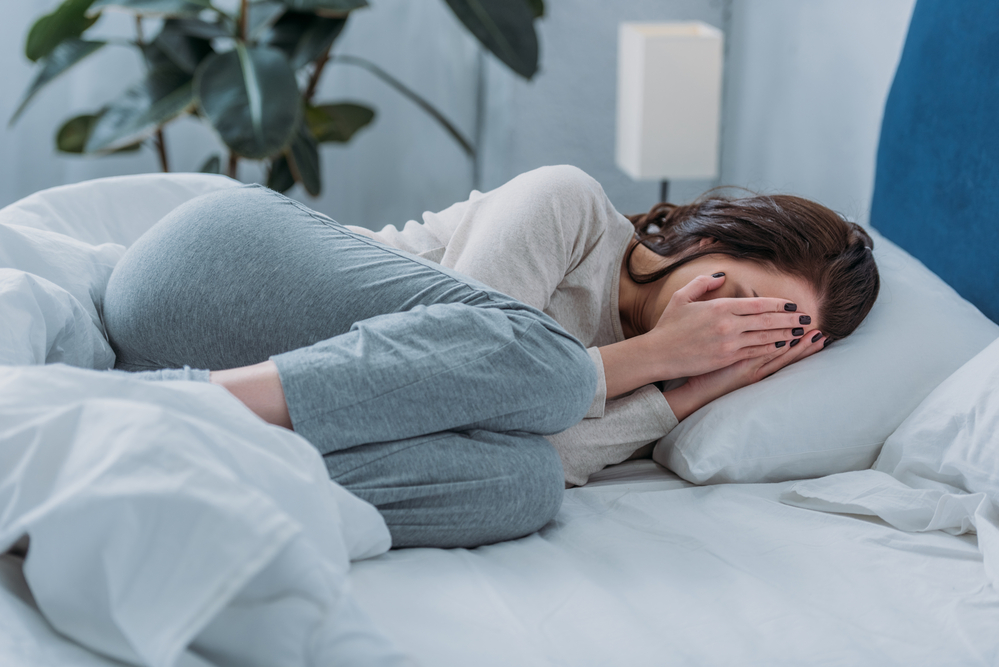
The Anxiety and Depression Association of America reports that anxiety disorders are the most common mental illness in the United States, affecting 40 million adults age 18 years or older. Moreover, women are twice as likely to be affected by an anxiety disorder than men.
However, there are many different types of anxiety disorder – including post-traumatic stress disorder (PTSD), obsessive-compulsive disorder (OCD), agoraphobia, and generalized anxiety disorder. Symptoms vary depending on the disorder:
● PTSD is a type of anxiety disorder, usually caused by the experience or witnessing of life-threatening events. It causes flashbacks and nightmares, avoidance of places or people that are reminders of the event, disrupted sleeping patterns and increased heart rate, blood pressure, and levels of stress hormones.
● OCD can cause unwanted thoughts (obsessions), fears, or behaviors that make a person feel driven to do something repeatedly (compulsions). Common compulsions include excessive cleaning, counting things, and repeatedly checking on things.
● Agoraphobia is the fear of being in places where escape might be difficult or embarrassing or places where help would not be available if things go wrong. It can be very restricting, as it often causes people to avoid public places or large gatherings.
● Generalized anxiety disorder is characterized by excessive worry about many different things that lasts at least six months and interferes with daily life. Physical symptoms of the condition include fatigue, insomnia, muscle tension, headaches, sweating, trembling, twitching, and hot flashes.
4 Alternative Treatments for Anxiety
Yoga and meditation
Yoga and meditation can help to reduce stress and control negative thinking. By reducing both the mind and body’s response to stress, you may experience less anxiety over time. Yoga can be very beneficial in learning coping skills for anxiety management.
Practicing yoga can reduce physical tension and mental fatigue that may otherwise worsen anxiety. In fact, a study in the International Journal of Yoga Therapy showed that when 12 adults with generalized anxiety disorder were given six weeks of twice-weekly Iyengar yoga sessions, they reported significantly better sleep quality over time.
Supplements
Many studies have indicated that certain supplements may be helpful for managing anxiety symptoms.
● Passionflower seems to have sedative effects and has been studied as a treatment for insomnia due to its mild tranquilizing effect. It is thought to induce drowsiness by inhibiting the activity of certain brain chemicals, including serotonin and noradrenaline.
● Inositol is a dietary supplement that plays an important role in brain signaling and metabolism. People with depression or panic disorder tend to have lower levels of inositol in their bodies, but it’s unclear whether this deficiency is a cause or an effect of their illness.
● CBD oil is a non-psychoactive oil that comes from the cannabis plant. It is often used to help calm anxiety and reduce stress. In a study in the journal Neuropsychopharmacology, cannabidiol oil reduced symptoms of social anxiety in a 10-week trial with 42 participants. As the CBD market has gone boom and there have been many scammers, you may fall into scams when first buying. Make sure you refer to prestigious suggestions to pick the high-quality CBD.
Get plenty of sleep
Not only does a lack of sleep exacerbate anxiety symptoms, but it also contributes to more serious health issues as well. According to the National Sleep Foundation, adults need about seven to nine hours of sleep per night. However, many people don’t get enough sleep and experience difficulty falling asleep at night and waking up too soon in the morning: something referred to as sleep maintenance insomnia.
A recent study found that poor sleep habits may be associated with an increased risk of social anxiety disorder, especially in women. Another study indicated that teenagers who had trouble sleeping at night experienced more than double the normal rate of depressive symptoms over time.
Conclusion
Alternative treatments can be an effective way to manage anxiety without the use of prescription medication. Different methods are more appropriate for some people rather than others, so it’s important to discuss your options with your doctor.


